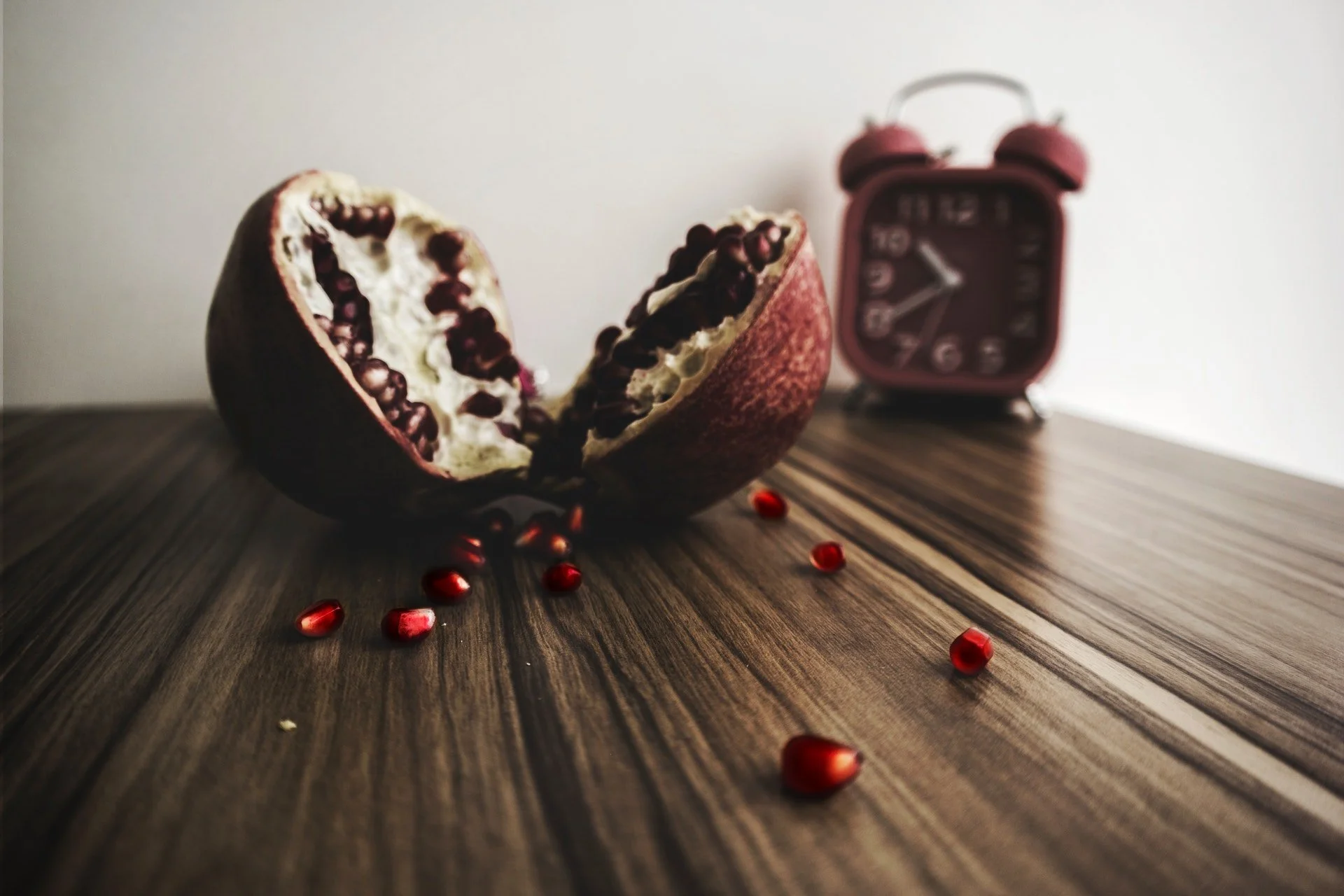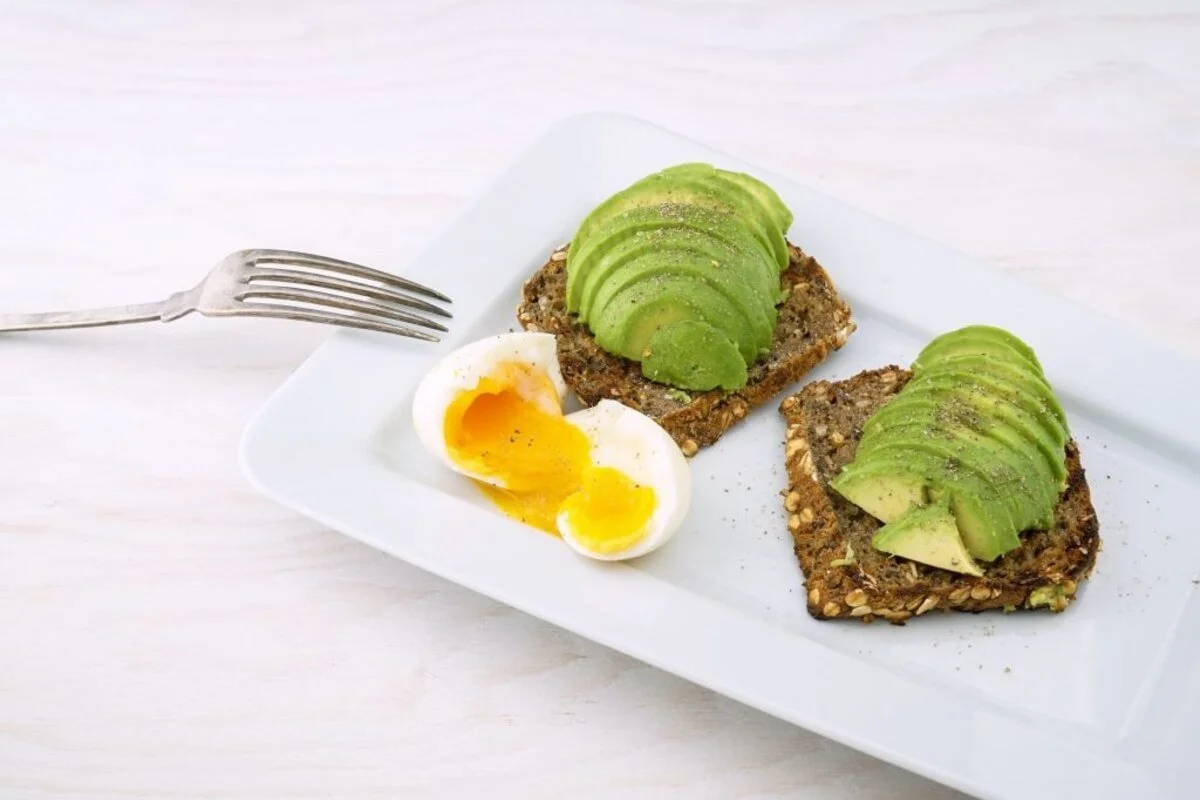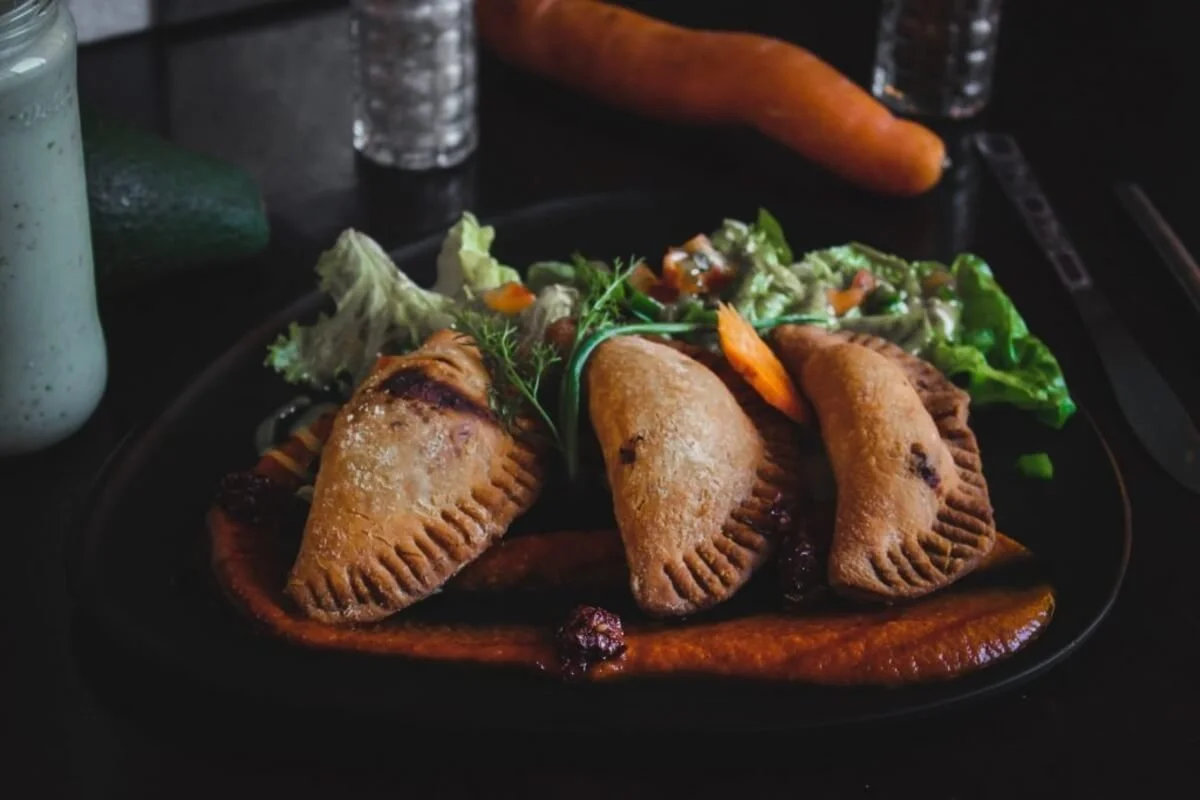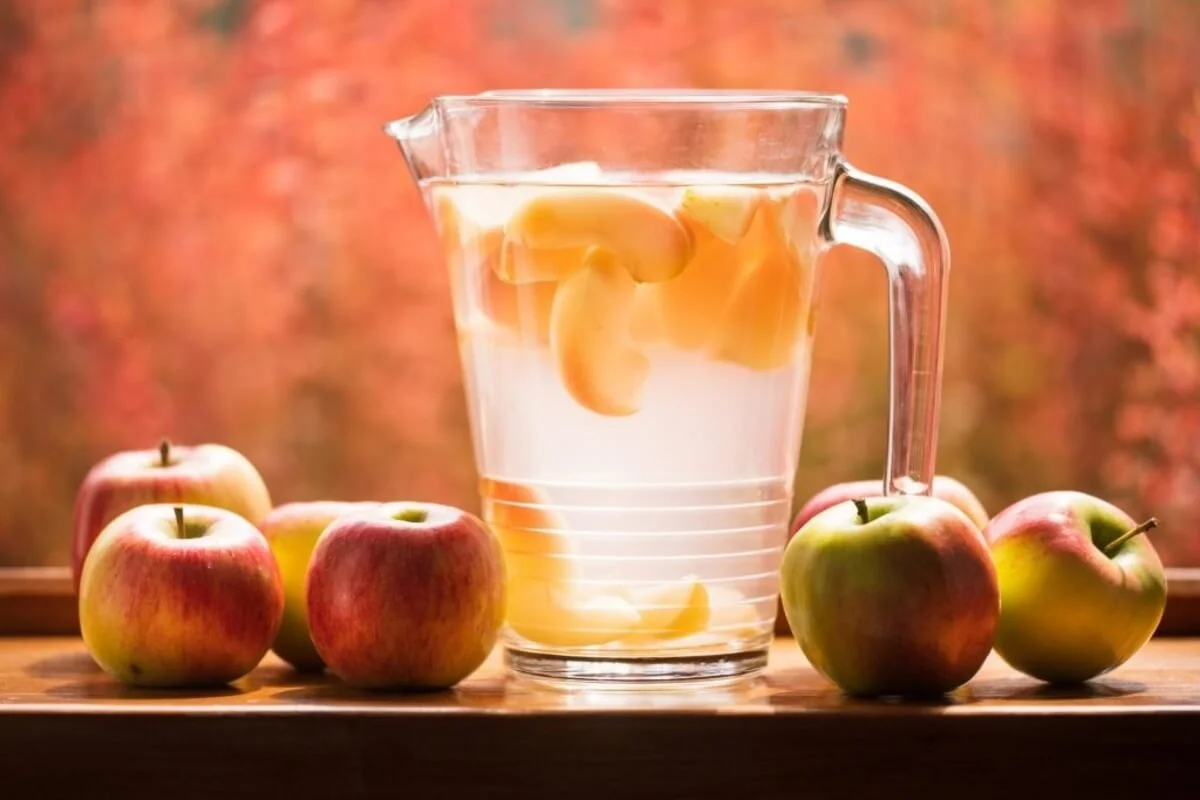Life In Self Quarantine - Intermittent Fasting 101
Discover > Texas Mom Blog > Life In Self Quarantine - Intermittent Fasting 101
Building on the topic of Intermittent Fasting and taking it a step ahead, today we will be talking about the best meals that you should ideally be eating if you plan to take up IF.
Intermittent Fasting, like any other diet requires continuity and dedication. Whether your goal is weight loss or immunity building, you have to keep in mind few basics:
Just because your eating time period is short, do not assume you can eat whatever you like after you break your fast.
Weight loss is mainly about calorie restriction. But if you focus solely on the number of calories you take in and not on the macro nutrients that are going into your body, you could end up with nutritional deficiencies.
What you eat through the day, will set the tone for the fast that follows and your energy levels for the next day.
Decide if you want to go on a complete fast or a fluid-only fast. In a fluid-only fast, you can drink water and other light beverages like herbal teas while fasting.
Always check with the doctor first to know if you are a suitable candidate for following any type of a diet plan.
People struggling with binge eating tend to overeat during the eating Window. Therefore, intermittent fasting may be inadvisable for them.
Now that we have got our basics covered, let us talk about the sort of nutrition you should be aiming to eat during your period of intermittent fasting.
While there are several variations of fasting that you could adapt, let us suppose that you are on a typical 16:8 fasting diet.
Foods to Include When You Begin Your Fast
Suppose you plan to begin fasting at 8:00 PM, you can start your dinner by 6:30 PM. This will give you ample time to have a good dinner with short breaks in between.
Making a meal plan for the week is the most sustainable way towards IF. You want to include foods and wholesome meals that will give you energy, and a mix of the right macronutrients. For a dinner, some meal options you can consider are:
Healthy Fats
Half avocado on toast with a teaspoon full of hemp seeds (how long do hemp seeds last?)
A serving of fatty fish like salmon or mackerel
2 cups of roasted vegetables (What wine goes well with roasted vegetables?) with 2 teaspoons of hemp seeds
A serving of cheese or a moderate portion of tofu (how long does tofu last?)
Carbohydrates
A serving of oatmeal pudding with slivered almonds (how long do almonds last?) and pumpkin seeds (how long do pumpkin seeds last?)
A serving of rice (how long does rice last?) with vegetable stew
1 medium baked potato with one tablespoon of sour cream
One banana
1 Empanada
Protein
2 hardboiled eggs
1 serving of hoof bone soup
Meat and beans chili
A serving of chicken, vegetable and lentil soup
Once you begin your fast, you may choose to abstain completely from eating and drinking for the night or drink mainly water or a serving of herbal tea before you hit the bed.
I am from those who will go complete cold turkey after my last meal. So, the next morning when I get out of bed, my throat is already parched. Anywhoo, we move on with our day. I find doing some yoga and light meditation is a really good way to distract my mind as well as get some sort of exercise while I'm fasting.
Role of Water While Breaking Your Fast
By midday, it's time to break the fast. For those of you who have been on a total abstinence, I know exactly what's going through your mind. WATER. Honestly, cucumber infused iced water is all that I want when I break my fast. But wait! before you check that jug down, I want to share with you a crucial piece of information that I have recently chanced upon.
So, our stomach is a bag that produces Hydrochloric acid. This acid has four main jobs.
Proteolysis: A process by which proteins are broken down to be digested
Pepsin activation: This is necessary for protein digestion
Chemical signaling: Allows the food to pass from the stomach into the intestines
Limiting bacteria growth: So, it doesn't cause any infection
In short terms, the acid in your stomach is responsible for proper digestion of food. When we start our meal with a big glass of water, what does it do? It combines with the hydrochloric acid to dilute it. Now when you eat your food, the acid present is impaired in its ability to do its job. This results in poor digestion, feeling bloated, acid reflux and flatulence.
How can we tackle this? Simple. Avoid drinking water at least 30 minutes before and after a meal. If you MUST, a spoon of ACV diluted with water will do very well to increase or maintain the acidity in your stomach as well as quench your thirst. A glass of lemon water is great as well.
Chew that Food!
A common complaint that people have when they break their fast is that of acid reflux. In a hurry to fill our empty stomach, we often forget to chew. Or maybe just chew minimally and swallow. Let me tell you, chewing is the key.
The first place food breaks down is in your mouth. It is essential that you mechanically chew on your food and provide the hydrochloric acid and pepsin a greater surface to work on. This will lead to better digestion that results in less reflux. So, take your time and chew that food!
Best Foods to Eat When Breaking Your Fast
So now that water is out of the equation, you can include the following when you break your fast:
Protein pancakes
A hearty potato and leek soup
A bowl of freshly cut fruit and vegetables
A glass of homemade buttermilk
1 serving of nutrient rich fruits like dates and figs
During the rest of your eating window, you may want to keep your meals light and hydration plenty. Also, add some nutritious snacks like air fried popcorn, (how long does popcorn last?) an Apple, a handful of nuts (how long do nuts last?) or seeds etc.
Have you tried intermittent fasting? How was your experience? Do share your views in the comments below!







